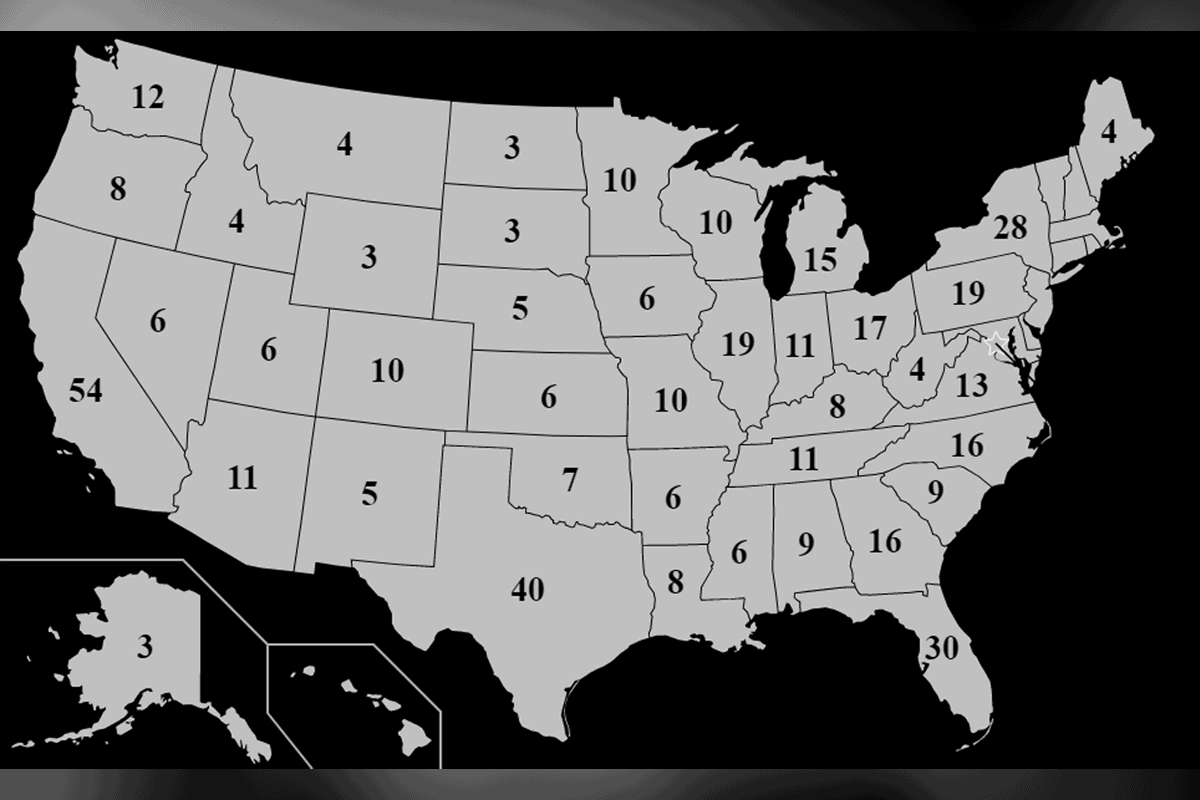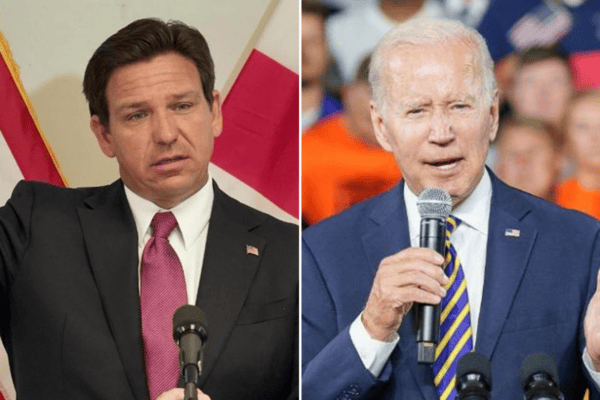Democrat Files for Florida to Award Presidential Electors by National Popular Vote Winner

TALLAHASSEE (FLV) – Democrat State Rep. Michael Gottlieb wants Florida to join the National Popular Vote Interstate Compact, a movement aiming to determine the winner of the U.S. presidency through bypassing the traditional electoral college process.
HB 53 cites the “Agreement Among States to Elect President by National Popular Vote” as the purpose of the would-be Florida law.
A measure typically opposed by Republicans, given Florida’s supermajorities and Republican governor, the bill is not expected to pass; but if it did, the winner of Florida’s popular vote for the presidency might not matter.
The agreement among the states disregards the final popular vote tally of any individual state in determining which candidate receives the state’s electors: “The Compact ensures that every vote, in every state, will matter in every presidential election. The Compact is a state-based approach that preserves the Electoral College, state control of elections, and the power of the states to control how the President is elected.”
Florida voted for Donald Trump by over three points in 2020, but Joe Biden won the popular vote: if HB 53 were law, given the trending-red state votes for a Republican and a Democrat wins the national popular vote, the Sunshine State’s 30 electoral votes would be legally required to go to the Democrat.
Fifteen states, including Washington, D.C., have reportedly joined the compact: Washington, Oregon, California, New Mexico, Colorado, Illinois, Maryland, Delaware, New Jersey, New York, Connecticut, Rhode Island, Massachusetts, and Vermont.
The states that have already joined the compact are traditionally blue states, presently understood to be out-of-reach for a Republican candidate for president – and they only compose 195 electoral votes, 36.2% of the Electoral College.
The Compact’s website argues the “winner-take-all” statutes for each state allows candidates to pay no attention to issues “where the statewide outcome is a foregone conclusion,” slamming the concept of ‘swing-states’ being the focus of presidential campaigns.
The legality of the idea has come into question, with Article I, Section X of the U.S. Constitution saying, “No State shall, without the Consent of Congress … enter into any Agreement or Compact with another State.”



